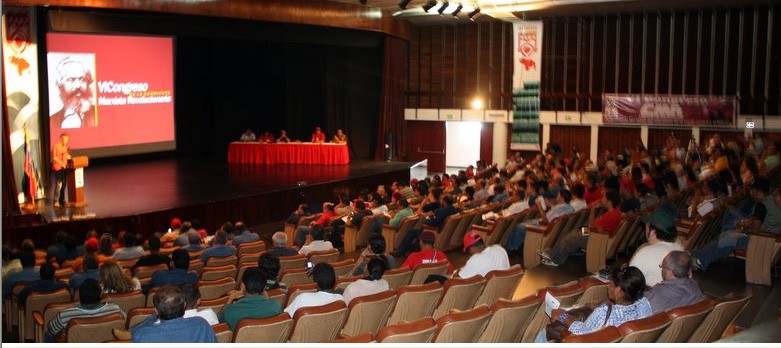Sai Gon Giai Phong asks Merlee Ratner, Co-Chair of the Marxist School in New York, about current global political trends.
SGGP Reporter: What does the current economic crisis demonstrate?

I think the crisis proves the bankruptcy of capitalism and its failure as a humane and viable system, but the nature of the socialism that will replace it is still being found. Developments in Vietnam, Cuba, Venezuela and the rest of Latin America are very hopeful to many of us here. Many have concluded that capitalism is on its way out... And some prominent scholars have said that, from now on. the choice is between socialism or barbarism. But Marxists and many in the left here believe that the only choice for the survival of humanity and the planet is socialism.
Are lessons from Marxism and The Capital being learnt in the US following the economic crisis? If yes, how?
There are two questions here: Firstly, is the theory of Marx's Capital being verified in the US now and secondly, is Marxism having a resurgence now in the US?
For the first question, yes - it is abundantly clear that Marx's theory about the way capitalism works, its endemic crises, the financialization of capital (or fictitious capital) as leading to greater emiseration of the working class and a rise in imperialism and imperialist wars are all being demonstrated in the current crisis. Here you can see that the crisis is not only brought by human greed, but by the need of capital to turn profits and the inherent tendency of capitalism to lead to declining rates of profit and more and more risky financial arrangements. Basically as Marxists, we understand that the crisis is not only the result of human greed (although it certainly is that as well) but of the internal contradictions of capitalism.
For the second, yes there is a renewed interest in Marxism among some in the US, including young people. This has been prompted by the understanding that the current system is unsustainable economically, ecologically, or whatever, and that there needs to be a more humane alternative. It is also occasioned by the talk about "socialism" that the right-wing has started in response to Obama's bailout plan (which is certainly not at all socialist.) For example, the February 16th cover headline of the popular magazine Newsweek read, "We are all Socialists Now." At the Marxist School, we are getting many more students coming to learn about Marxism in response to the current economic crisis. Are millions of people becoming Marxists? No, but it is a significant minority trend among people that have begun to feel that the capitalist system is bankrupt economically and politically.
As for left movements, there is a big rise in movements around health care, ending the war, worker's rights, etc. If you want to write about these in particular, I can give you a lot of information.
What is your opinion about the 21st century socialism suggested by Hugo Chavez?
I am not an expert on Latin America, but I have heard Chavez speak in the US and have comrades who work with the movement in Venezuela. I think, in general, that as Marx said, socialism is based on the material conditions and historical reality of a specific time period, so a socialism for the 21st century is needed. This is especially true given the crisis of socialism that occurred with the socialist camp in Europe at the end of the 20th Century. Chavez has done many wonderful things in his country - nationalizing some industries, diverting the surplus into helping the poor and involving the masses in the process of the revolution (with revolutionary base organizations like the Bolivarian circles, etc.) However, socialism in Venezuela exists side by side with capitalism and the working class has not completely taken state power. Yet, for all of its incompleteness, Chavez' socialism is an inspiration to the entire Americas and the world, along with Cuba and other leftist governments in Latin America.
What does the victory of left movements in elections in Latin America prove?
It certainly proves the failure of US based neo-liberalism or structural adjustment -- the recent US strategy for the developing world. People are tired of being hungry and poor and being dominated by the US and its representatives in their local elites. They are also fed up with right-wing dictatorships that were supported by the US (Pinochet, et al.)
It also shows that they are asserting their independence from the US, even in the US' "own backyard" as it used to be called. More and more it also shows that people, when they are able to express their political will, will choose alternatives to capitalism and are working on developing new approaches to socialism. This is true in Venezuela, Bolivia and other countries.
I think we can say that the crisis in a historical context does demonstrate the finite limitations and inhumanity of capital as well as its tendency to destroy the environment of the planet (global warming, melting of the polar icecaps, etc.). And I think we can say that a large part of the planet is searching for alternatives to capitalism, with many identifying socialism as that alternative.
Related Articles:
Socialism or kinder capitalism?
Victims of financial crisis or capitalism?























